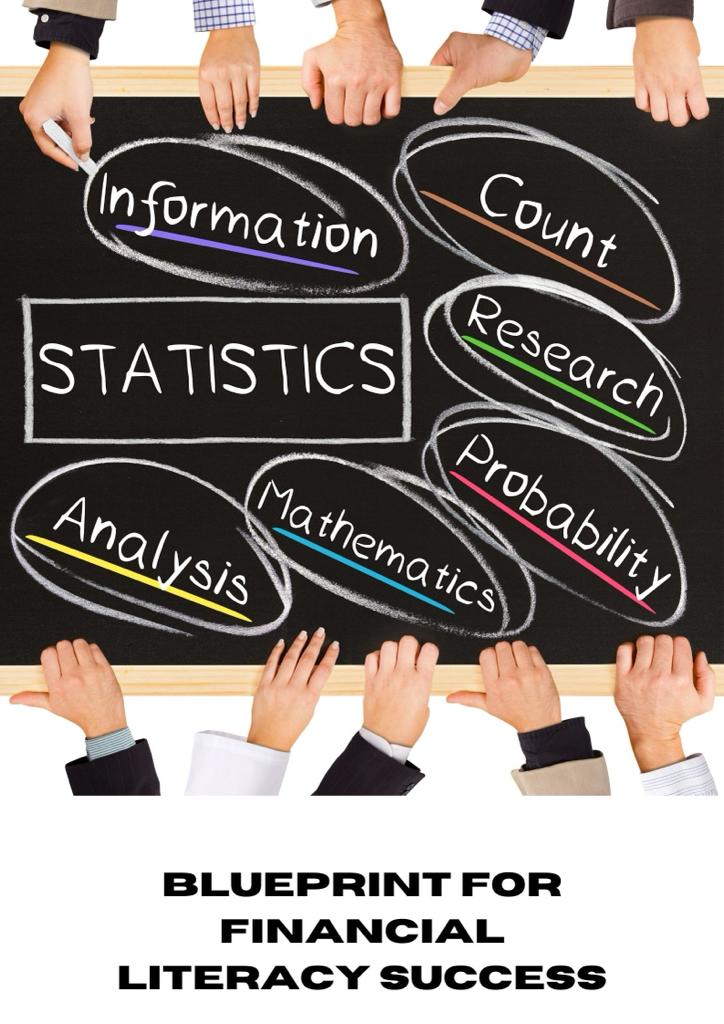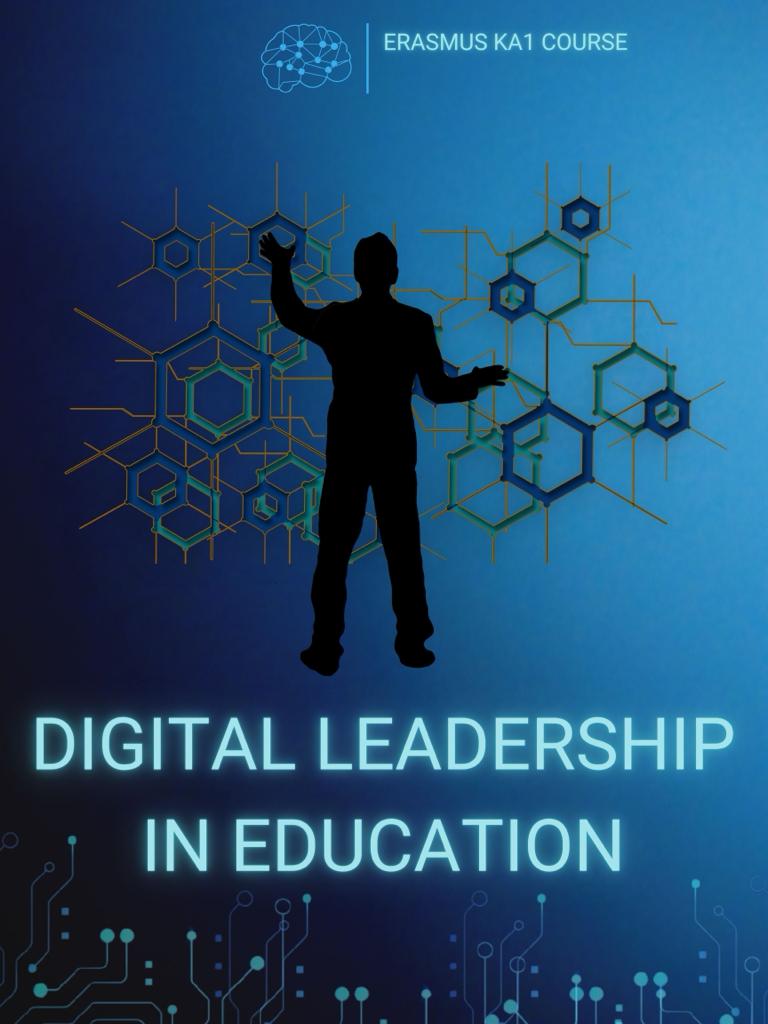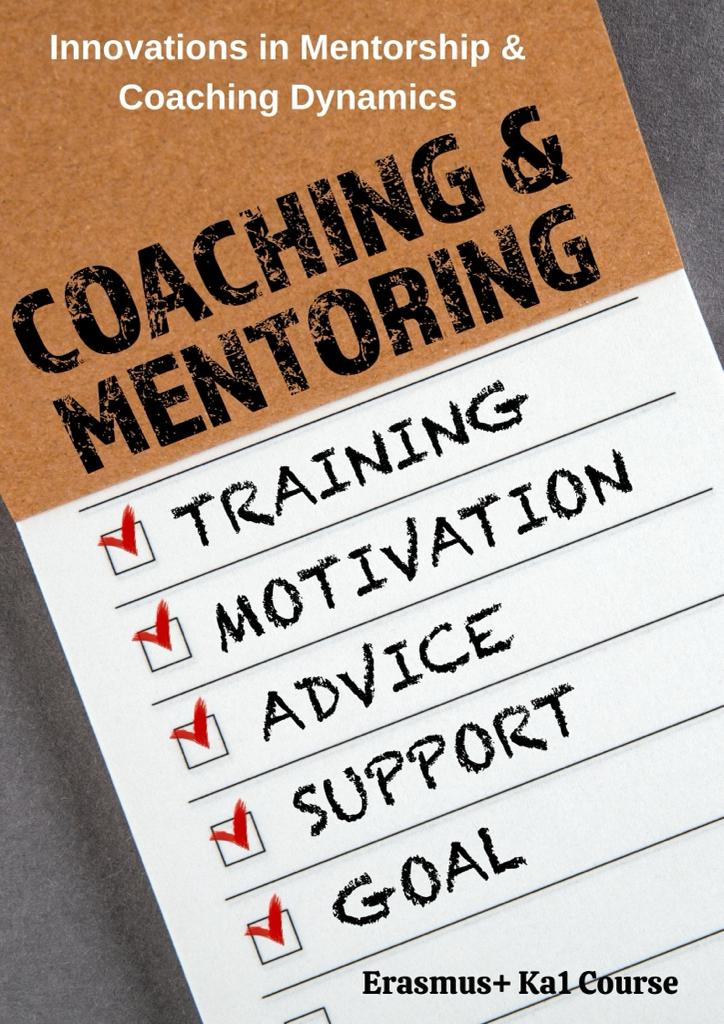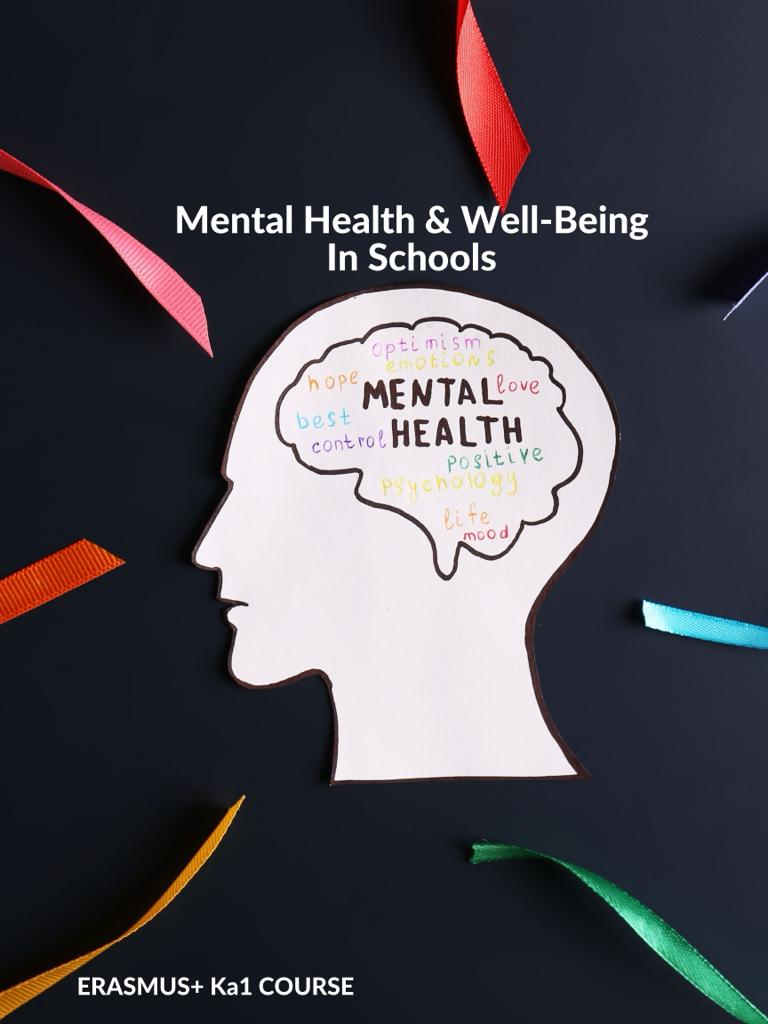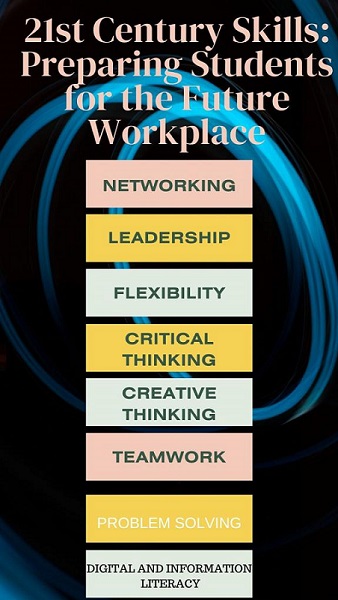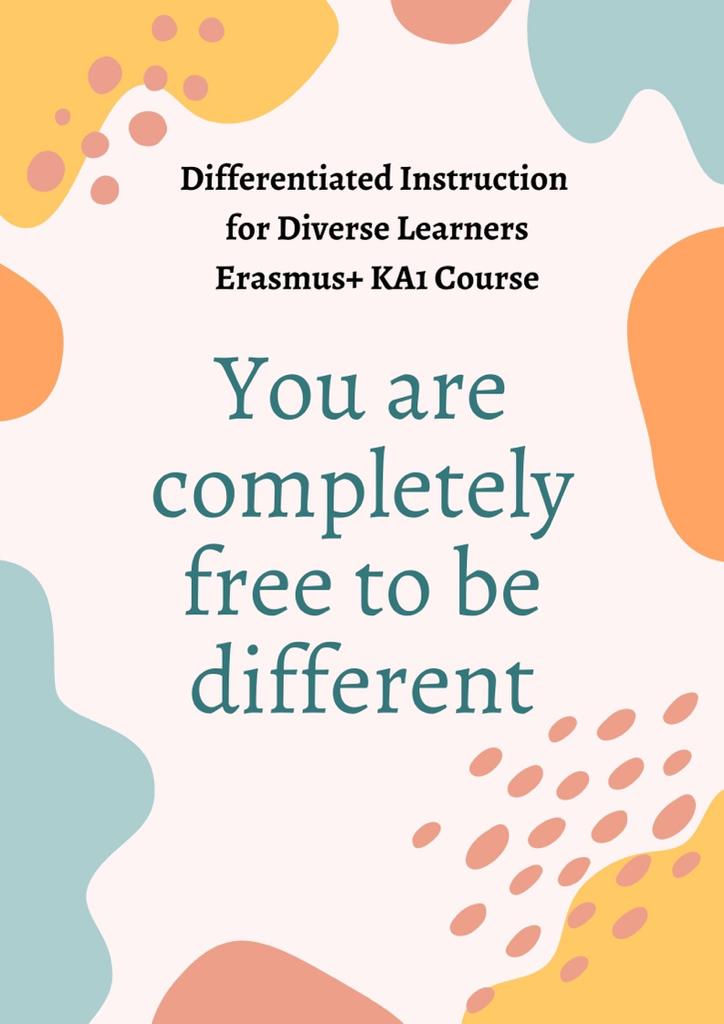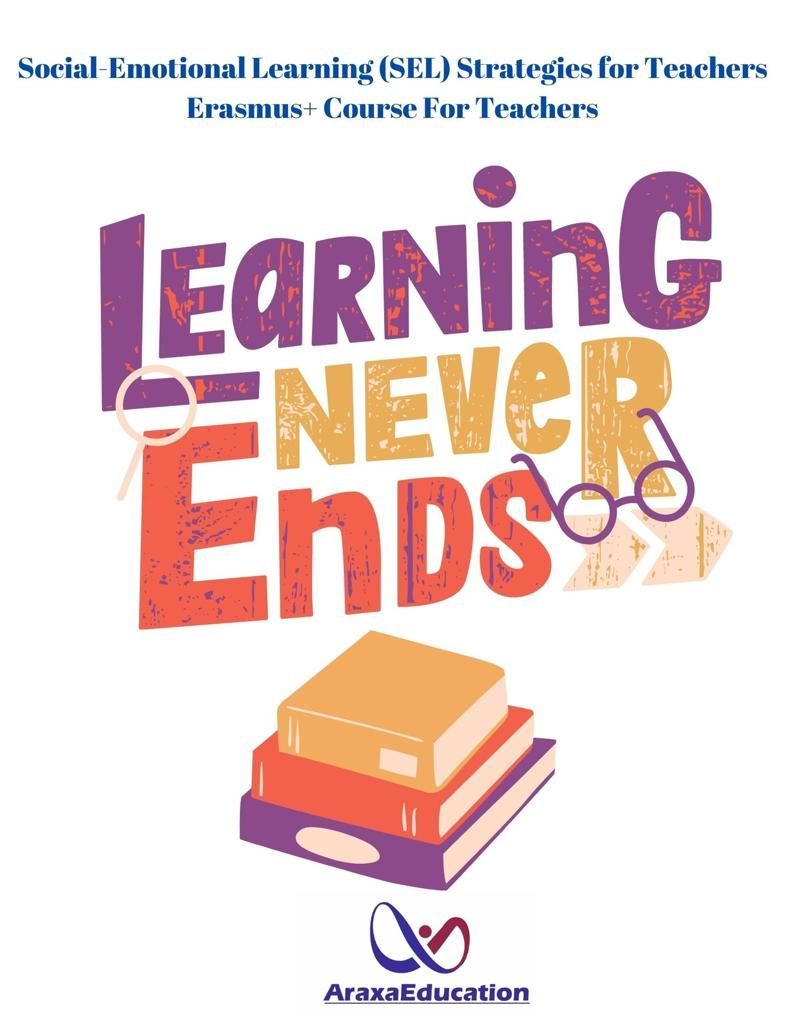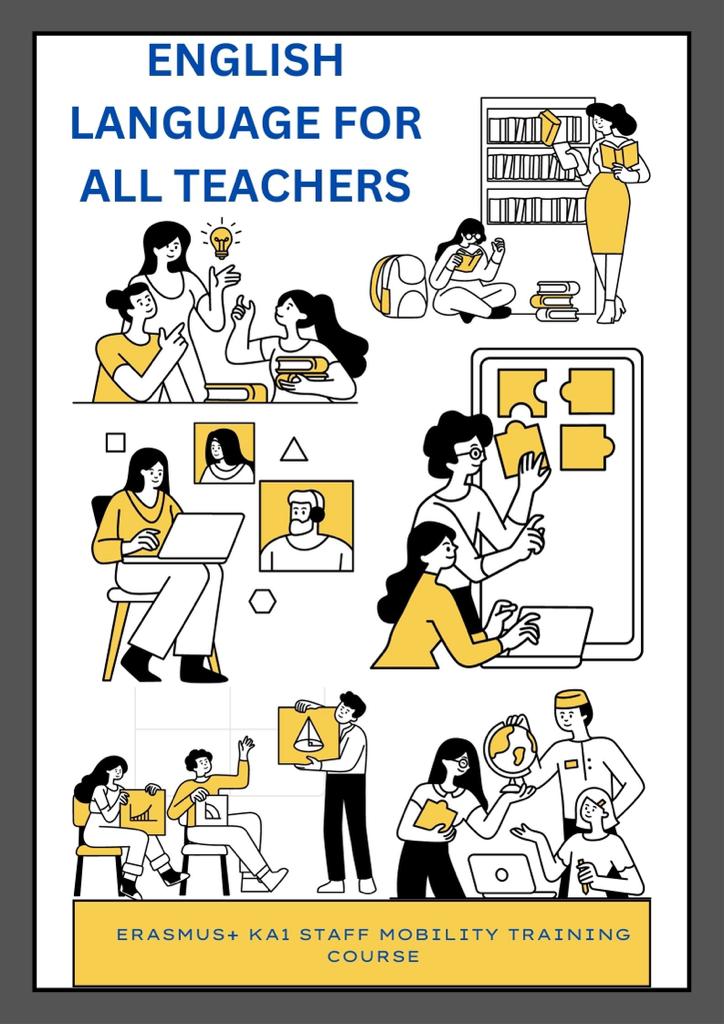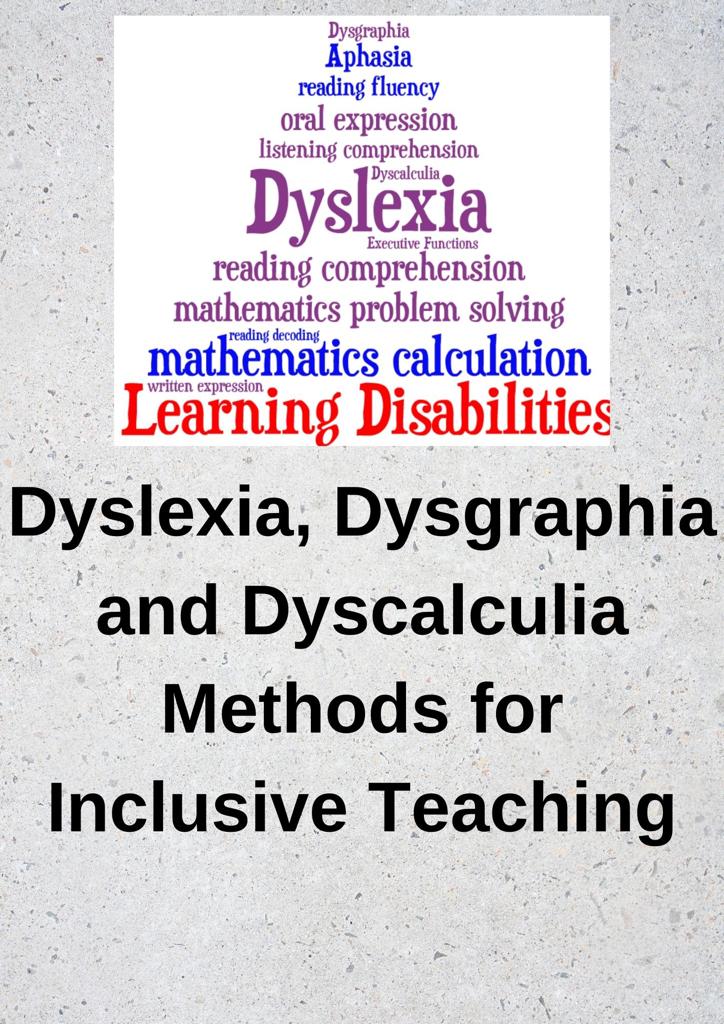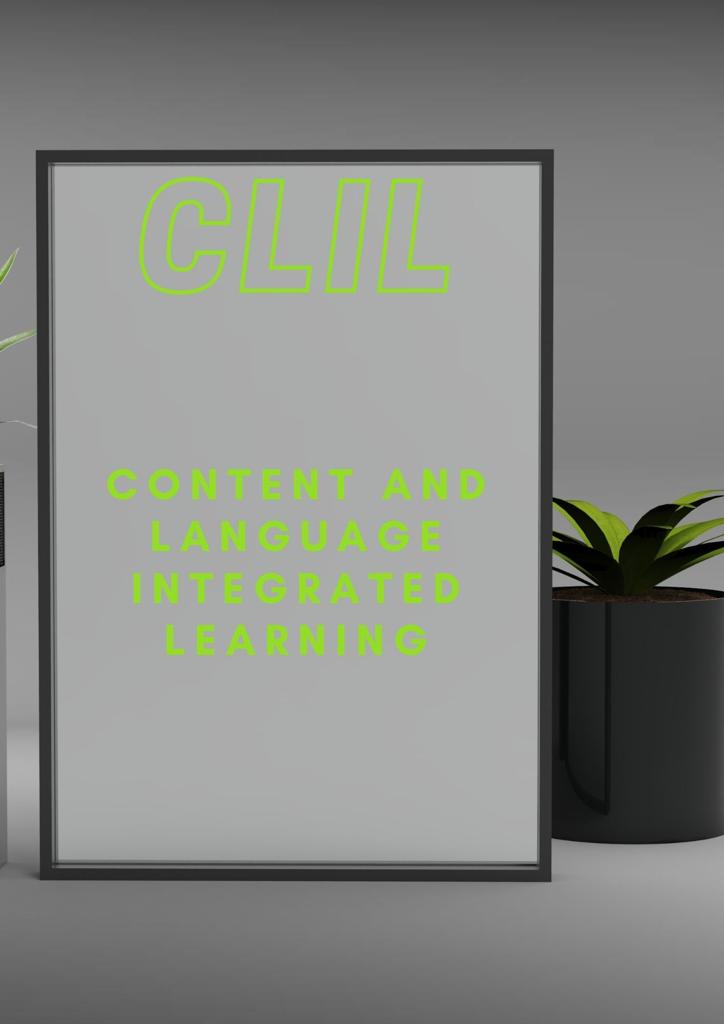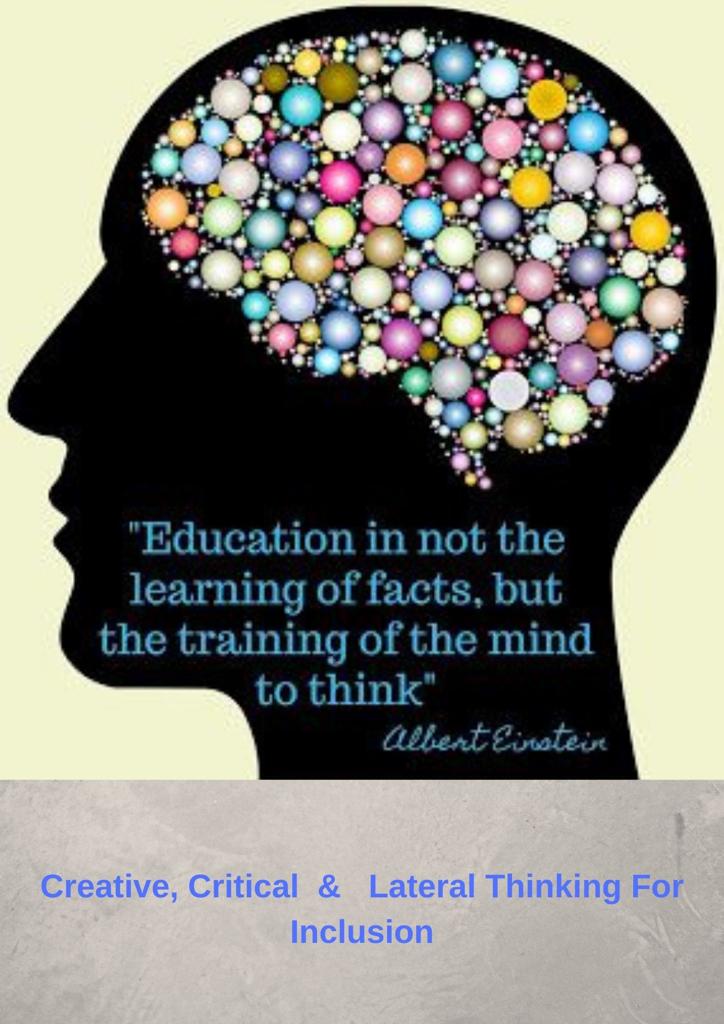| Course Description | “Cooperative Teaching Approaches” is a comprehensive course designed to empower teachers and trainers with a multifaceted toolkit for fostering positive learning environments. The course offers a comprehensive exploration of mindfulness, emotional intelligence, effective working alliances in classrooms, and the principles of the Triple P – Positive Parenting Program. This course combines theoretical insights with practical applications to equip participants with the tools necessary to create supportive and inclusive learning environments.
Participants will explore the foundations of mindfulness and learning strategies to cultivate present-moment awareness and promote emotional regulation, both for themselves and their students. Building on this foundation, the course delves into the nuances of emotional intelligence, equipping teachers with skills to recognize, understand, and manage emotions in themselves and their students, ultimately fostering a more empathetic and supportive classroom atmosphere. Additionally, the course emphasizes the importance of establishing strong working alliances within the classroom environment. Participants will learn strategies to build positive relationships with students, parents, and colleagues, creating a collaborative community focused on student success. Furthermore, participants will gain insights into the Triple P – Positive Parenting Program, learning evidence-based strategies to support parents in fostering positive behavior and family dynamics, thus extending the impact of classroom learning into the home environment. Throughout the course, participants will engage in interactive activities, discussions, and reflective exercises to deepen their understanding and application of cooperative teaching approaches. By the course’s conclusion, the participants will emerge furnished with practical tools and strategies to create nurturing, inclusive, and empowering learning environments conducive to student well-being and academic success. |
| Methodologies Of The Course | The course employs a variety of methodologies designed to provide a comprehensive learning experience for participants. Interactive lectures serve as a foundation, delivering theoretical knowledge and research findings related to mindfulness, emotional intelligence, working alliances in classrooms, and the Triple P – Positive Parenting Program. These sessions foster an understanding of key concepts while also allowing for critical analysis and discussion.
Hands-on workshops form an integral part of the course, offering participants practical opportunities to apply learned concepts in real-world teaching scenarios. Through activities such as mindfulness exercises, role-playing simulations, and collaborative problem-solving tasks, participants gain firsthand experience in implementing cooperative teaching approaches. Case studies are utilized to deepen understanding and facilitate discussions on effective teaching strategies and problem-solving approaches. By analyzing real-life classroom scenarios, participants can explore diverse perspectives, identify best practices, and develop strategies for addressing common challenges encountered in educational settings. Group discussions provide a platform for knowledge sharing, critical thinking, and collaboration among participants. These facilitated discussions encourage participants to explore their own experiences, share insights, and learn from one another, contributing to a supportive and dynamic learning environment. Reflective practices are integrated throughout the course to promote self-awareness and continuous improvement. Guided reflection activities encourage participants to reflect on their teaching practices, personal experiences, and areas for growth, fostering a deeper understanding of their strengths and areas for development.
|
| Learning Outcomes |
|
| Language | English |
| Duration | 5 Days |
| Type of Certification Awarded |
|
Schedule of the activities
|
Online Meeting Program |
– Meeting with the trainer – Presentation of info pack – Q & A session
|
| Day 1: Foundations of Cooperative Teaching | · Introduction to mindfulness in education
· Understanding the basics of mindfulness practices · Exploring the benefits of mindfulness for educators and students · Practical exercises and techniques for integrating mindfulness into daily teaching practices · Strategies for promoting present-moment awareness among students · Understanding emotional intelligence in the classroom · Practical activities and role-playing exercises to enhance emotional intelligence in teaching and interactions with students |
| Day 2: Building Strong Working Alliances | · Strategies for establishing positive relationships with students
· Exploring techniques for building rapport and trust with students · Enhancing communication skills to facilitate meaningful interactions with students · Understanding the importance of parent-teacher partnerships · Activities to promote teamwork and cooperation among students |
| Day 3: Implementing Triple P – Positive Parenting Program Principles | · Introduction to the principles and evidence-based strategies of triple p
· Understanding the role of educators in supporting triple p principles · Workshop-style session on implementing triple p strategies in everyday teaching practices |
| Day 4: Integrating Mindfulness and Emotional Intelligence | · Creating a mindful classroom environment
· Advanced strategies for managing emotions in the classroom · Conflict resolution techniques and emotional regulation |
| Day 5: Creating a Cooperative Classroom Environment | · Strategies for accommodating diverse learning needs
· Creating a culture of inclusivity and respect · Reflecting on key learnings and insights from the course · Participant feedback and course evaluation |
| Online Meeting Program | Araxa Edu supports your dissemination activities |
| PLANNED | İstanbul, Türkiye
1. 06 – 10 May, 2024 2. 20 – 24 May, 2024
Antalya, Türkiye 1. 10 – 14 June, 2024 2. 01 – 05 July, 2024
Alanya, Türkiye 1. 07 – 11 October, 2024 2. 04 – 08 November, 2024
Paris, France 1. 02 – 06, December, 2024
|
You can also make requests for different dates and locations when filling out the pre-registration form, aside from the planned program.
The course fee is 80 euros per participant per day. This fee does not cover some expenses like accommodation, travel, etc. Costs covering enrollment fees for staff mobility format ‘Courses and training’. ( Source: Erasmus+ Program Guide)





